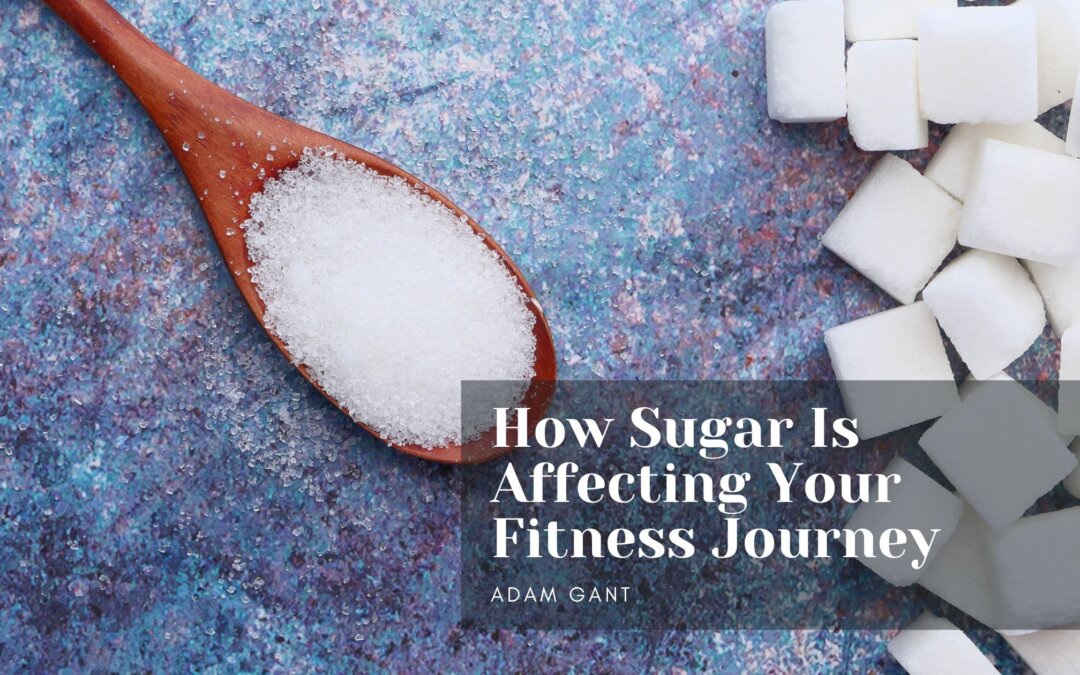The impact of sugar on your fitness journey should not be overlooked. Excessive sugar consumption can hinder weight loss efforts, impact energy levels and mental clarity, contribute to inflammation, and impede overall progress toward optimal fitness. You can optimize your fitness journey and achieve desired results by being mindful of your sugar intake, choosing whole foods, and focusing on a well-balanced diet. Remember, small dietary changes can significantly improve your overall health and well-being.
As a fitness enthusiast or a professional in the health and wellness industry, you are likely aware of nutrition’s impact on achieving your fitness goals. While multiple factors contribute to one’s overall health and fitness, sugar’s role in our diets is one particular element often overlooked.
Sugar, in its various forms, is prevalent in the modern diet. It can be challenging to avoid, from sugary drinks to processed foods and seemingly innocent condiments. However, excessive sugar consumption can hinder your progress in achieving optimal fitness and overall well-being.
One significant way sugar affects your fitness is by contributing to weight gain. When we consume sugar, our bodies convert it into glucose, which is used as energy. However, if we consume more sugar than our bodies need for immediate energy, the excess is stored as fat. This surplus of stored fat can lead to weight gain and hinder your progress toward a lean and toned physique.
Furthermore, the consumption of sugar can negatively impact your energy levels. Sugar provides quick energy and a spike in blood sugar, but the effects are short-lived and often followed by a crash. This can leave you tired, sluggish, and lacking the stamina to perform at your best during workouts or physical activities. Reducing sugar intake and opting for complex carbohydrates, such as whole grains and fruits, can maintain more stable energy levels and enhance performance.

Sugar also plays a role in inflammation within the body. Studies have repeatedly shown that excess sugar consumption can lead to chronic low-grade inflammation linked to various health issues, including insulin resistance, cardiovascular disease, and obesity. Inflammation can impede your fitness progress by slowing recovery, inhibiting muscle growth, and increasing the risk of injury. Reducing your sugar intake and focusing on an anti-inflammatory diet rich in whole foods can support your body’s ability to recover and perform optimally.
Another aspect to consider is the impact of sugar on mental clarity and focus. Consuming excessive sugar can lead to blood sugar spikes and crashes, affecting cognitive function and concentration. Maintaining mental clarity is essential When striving for peak performance, whether in the gym or in your professional life. Reducing sugar intake and choosing nutrient-dense foods can enhance your focus and cognitive abilities, ultimately supporting your fitness journey.
It is crucial to note that not all sugars are created equal. Natural sugars in whole fruits and vegetables come packaged with fiber, water, and other essential nutrients, making them healthier than refined sugars in processed foods and sugary beverages. While it is unrealistic to eliminate sugar from your diet, being mindful of your sugar sources and opting for whole, unprocessed foods can significantly improve your fitness outcomes.

